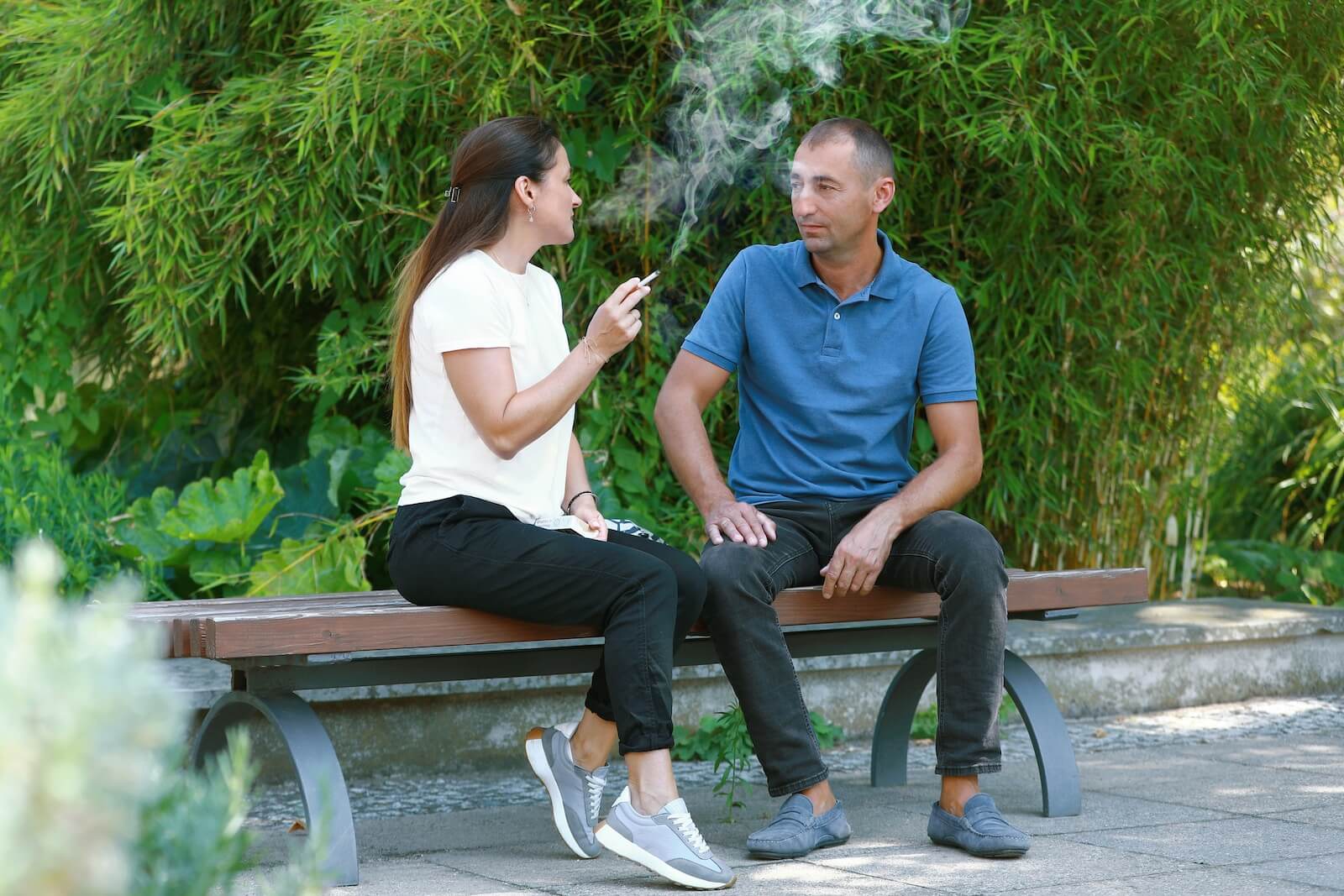GAINESVILLE, Fla. — Firsthand smoke is unmistakable and pungent, but secondhand smoke is much more subtle, in many cases lingering in the air and surrounding environments hours after someone lights up a cigarette. Now, researchers from the University of Florida report that 56 million Americans are regularly and unknowingly exposed to toxic secondhand smoke.
All in all, the research indicates that more than half of all U.S. adults have recently been exposed to secondhand tobacco smoke, but most didn’t recognize what they were breathing in at the time.
“There is no safe level of secondhand smoke exposure, and long term exposure can increase the risk of many chronic conditions, such as coronary heart disease, respiratory disease, and cancers,” says Ruixuan (Roxanne) Wang, a doctoral candidate in the College of Public Health and Health Professions at the University of Florida and lead study author, in a media release.
“We want people to be aware of their exposure so they can take protective actions.”
To study this topic, researchers analyzed a nationally representative survey encompassing more than 13,000 U.S. adults. This approach led to the detection of a byproduct of nicotine in the blood of just over half the population sample (51%). Interestingly, though, less than half of those displaying clear signs of secondhand smoke exposure actually reported being exposed to smoke. The study authors explain this points to a large and previously unreported gap in awareness when it comes to secondhand smoke awareness.

This trend (underreporting secondhand smoke exposure) remained steady across all demographics, but researchers do note that African-Americans had the highest rates of both exposure and underreporting.
“We think this report will inform targeted interventions for at-risk groups,” Wang adds.
Wang collaborated with Jennifer LeLaurin, Christopher Cogle, and others in the UF College of Medicine and College of Public Health and Health Professions to work on this project and analyze the data, which was provided by the U.S. National Health and Examination Survey conducted by the Centers for Disease Control and Prevention. That survey took place from 2013 until 2020.
Researchers focused on searching for signs of cotinine in participants’ blood samples, which would have indicated recent prior exposure to nicotine (within a few days). Cotinine is largely considered the gold standard for gauging exposure to tobacco products.
Study authors admit they can’t say precisely why at this point underreported exposure is so high. Cotinine measurements tend to be quite sensitive and capable of detecting very low levels of smoke exposure, but no level of tobacco exposure is seen as safe by modern medicine.
“It could be the case that for low-level exposure, maybe you don’t notice it. You’re in a public setting, and maybe you’re not even aware someone is using tobacco around you. Maybe it’s so minor you forgot,” concludes Jennifer LeLaurin, senior author of the study and a professor of health outcomes and biomedical informatics at UF. “There’s also the possibility that some of the respondents were aware of some secondhand smoke exposure but chose not to report it due to the stigma.”
The study is published in the journal Nicotine & Tobacco Research.
You might also be interested in:
- Secondhand smoke increases levels of toxic metals in a child’s mouth, study reveals
- Secondhand nicotine vaping linked to higher risk of developing bronchitis
- Smokers with heart disease gain 5 healthy years of life by quitting


What the benefit in smoking cigarette it only disease the body our healthy lungs-as to suffer with all that tar and it affects those around us our family and our neighbors can get sick from these toxin we keep blowing out to ease unsettled mind that DOSNT not show love
What is the benefits in smoking cigarette it only disease the body.our healthy lungs-as to suffer with all that tar and it affects those around us our family and our neighbors can get sick from these toxin we keep blowing out to ease unsettled mind that DOSNT not show love